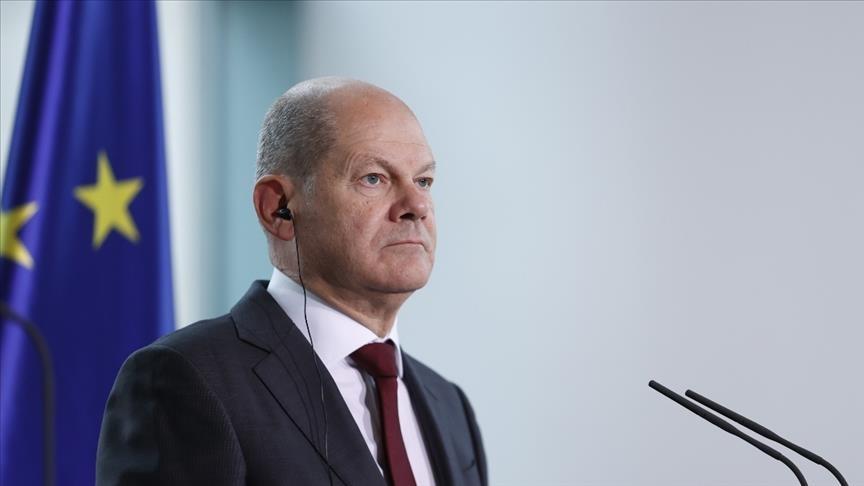German Chancellor Olaf Scholz decided Monday to keep the country’s three remaining nuclear power plants running until mid-April next year to avert a possible energy crisis.
‘The legal basis will be created to enable the power operation of the Isar II, Neckarwestheim II and Emsland nuclear power plants beyond December 31, 2022 until April 15, 2023 at the latest,’ said a letter sent to Economics Minister Robert Habeck and Environment Minister Steffi Lemke, both Greens, and Finance Minister Christian Lindner of the Free Democratic Party (FDP).
For days, the co-ruling FDP and the Greens in particular had been arguing about whether and for how long the three nuclear power plants that were still active should continue to operate.
At a party congress over the weekend, the Greens decided to support extending the operations of Isar II and Neckarwestheim II until mid-April 2023 if necessary.
German officials said last month that they would stick to their plans of shutting nuclear plants by end of this year but would keep open the option of reactivating them in case of a severe energy shortage.
Germany mothballed three nuclear reactors in 2021, and shutting the remaining three would have officially marked the end of the nuclear phaseout for domestic energy production that had first started under former Chancellor Angela Merkel.

